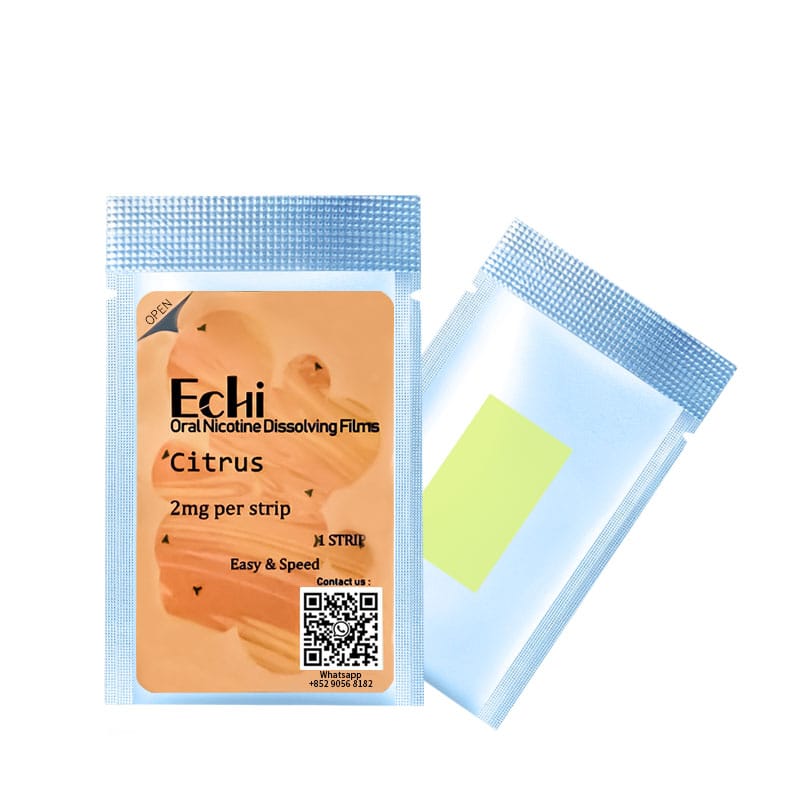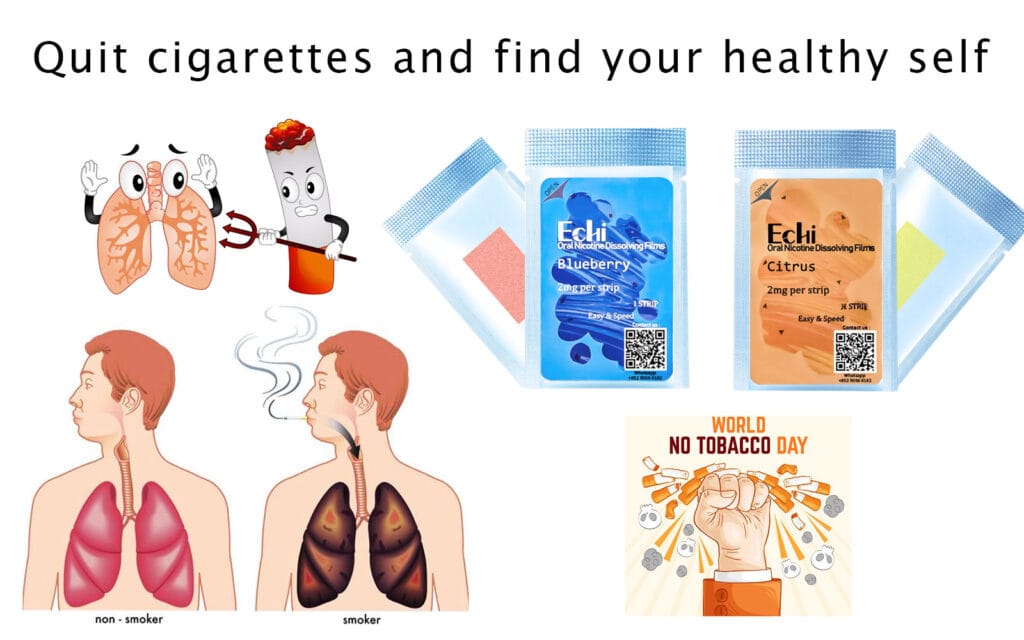Menthol is a naturally occurring chemical found in peppermint and other mint plants, but it can also be synthesized in laboratories. First introduced to tobacco products in the 1920s and 1930s, menthol is used to reduce the harshness of cigarette smoke and alleviate the irritation caused by nicotine. Under the 2009 Family Smoking Prevention and Tobacco Control Act, menthol was the only flavor allowed in cigarettes at a concentration sufficient to be considered a “characterizing flavor.” This use of menthol has played a significant role in the appeal of cigarettes, particularly among new smokers, youth, Black Americans, and the LGBTQ+ community.

Today, over 18.9 million people smoke menthol cigarettes.1 It is widely recognized that flavored tobacco products, including menthol, are a primary reason why many young individuals start using tobacco.
Health Effects of Menthol
While menthol may reduce the irritation from cigarette smoke and suppress coughing, leading smokers to believe they are breathing more easily, it offers no health benefits over non-menthol cigarettes.2 In fact, the minty taste and fragrance of menthol can mask the early symptoms of smoking-induced respiratory problems, which may delay the recognition of serious health issues.
Menthol has been shown to increase both the likelihood of developing a nicotine addiction and the intensity of that addiction.2,4 Research also indicates that menthol smokers are less likely to successfully quit smoking, despite having a stronger desire to stop.
A recent study found that menthol cigarettes have caused significant harm to Black Americans, responsible for 1.5 million new smokers, 157,000 premature smoking-related deaths, and 1.5 million life years lost from 1980 to 2018.8 The marketing of menthol cigarettes has disproportionately affected vulnerable communities, with a significant impact on public health.
Disproportionate Impact on Specific Populations
The tobacco industry has specifically targeted certain racial and ethnic groups with menthol cigarette marketing, particularly Black Americans, since the 1950s.They have also heavily promoted menthol cigarettes to the LGBTQ+ community. This targeted marketing has led to higher menthol cigarette usage in these groups:
- Over 80% of Black Americans who smoke use menthol cigarettes.
- 48% of Hispanic smokers prefer menthol cigarettes.
- 41% of Asian smokers use menthol cigarettes.
- About 50% of youth smokers (ages 12-17) choose menthol cigarettes, a rate higher than the 40% of adult smokers who prefer them.
- 49% of LGB individuals smoke menthol cigarettes, compared to 40% of heterosexuals.
This targeted marketing has resulted in significant health disparities and addiction in these populations.
Public Policy and Efforts to Regulate Menthol Cigarettes
In May 2022, the FDA proposed two rules that would prohibit the sale of menthol cigarettes and remove flavored cigars from the market entirely. This action is a crucial step in addressing the disproportionate harm caused by menthol cigarettes and will significantly reduce tobacco-related health disparities. Despite the overall decline in smoking rates, menthol cigarettes remain a major public health issue. In 2020, approximately 37% of all cigarette sales were menthol cigarettes, the highest percentage since tobacco companies were required to report this data.
The American Lung Association has long supported the removal of menthol cigarettes from the marketplace, submitting a formal petition to the FDA in 2013 to ban menthol as a characterizing flavor. The association continues to advocate for the approval of the FDA’s proposed rules and encourages the public to support these measures to help save lives and reduce smoking-related diseases.
Alternatives to Smoking and Reducing Harm
For individuals looking to quit smoking or reduce the harms associated with menthol and other tobacco products, alternatives like Nicotine Pouches and Nicotine Strips offer a smoke-free, less harmful way to experience nicotine. These products provide a discreet and convenient way to manage nicotine cravings without the risks associated with menthol cigarettes.
At Echi, we offer a range of Nicotine Pouches and Nicotine Strips that can help individuals transition away from smoking. Visit us at Echi to explore our products and find a healthier alternative to menthol cigarettes.
If you’re ready to quit smoking or need advice on switching to safer options, feel free to reach out via WhatsApp at +852-90568182 for support and guidance.
Conclusion
Menthol cigarettes present significant health risks, particularly to vulnerable populations who have been targeted by the tobacco industry. Efforts to ban menthol as a characterizing flavor are crucial to reducing smoking-related diseases and disparities. For those looking to quit or reduce the risks of smoking, transitioning to alternatives like Nicotine Pouches and Nicotine Strips offers a safer, smoke-free option.
FAQ
Q1: Why are menthol cigarettes more addictive?
Menthol cigarettes are more addictive because menthol masks the harshness of cigarette smoke, making it easier for individuals to inhale more deeply and frequently. This can lead to greater nicotine dependence.
Q2: What are the health effects of menthol cigarettes?
Menthol cigarettes can cause lung cancer, heart disease, stroke, and respiratory issues. They also make it harder to quit smoking due to the increased addiction potential.
Q3: How can I switch from menthol cigarettes to a healthier alternative?
Switching to Nicotine Pouches or Nicotine Strips can help you reduce your exposure to harmful chemicals. Visit Echi to learn more about how our products can help you transition to a smoke-free lifestyle.






